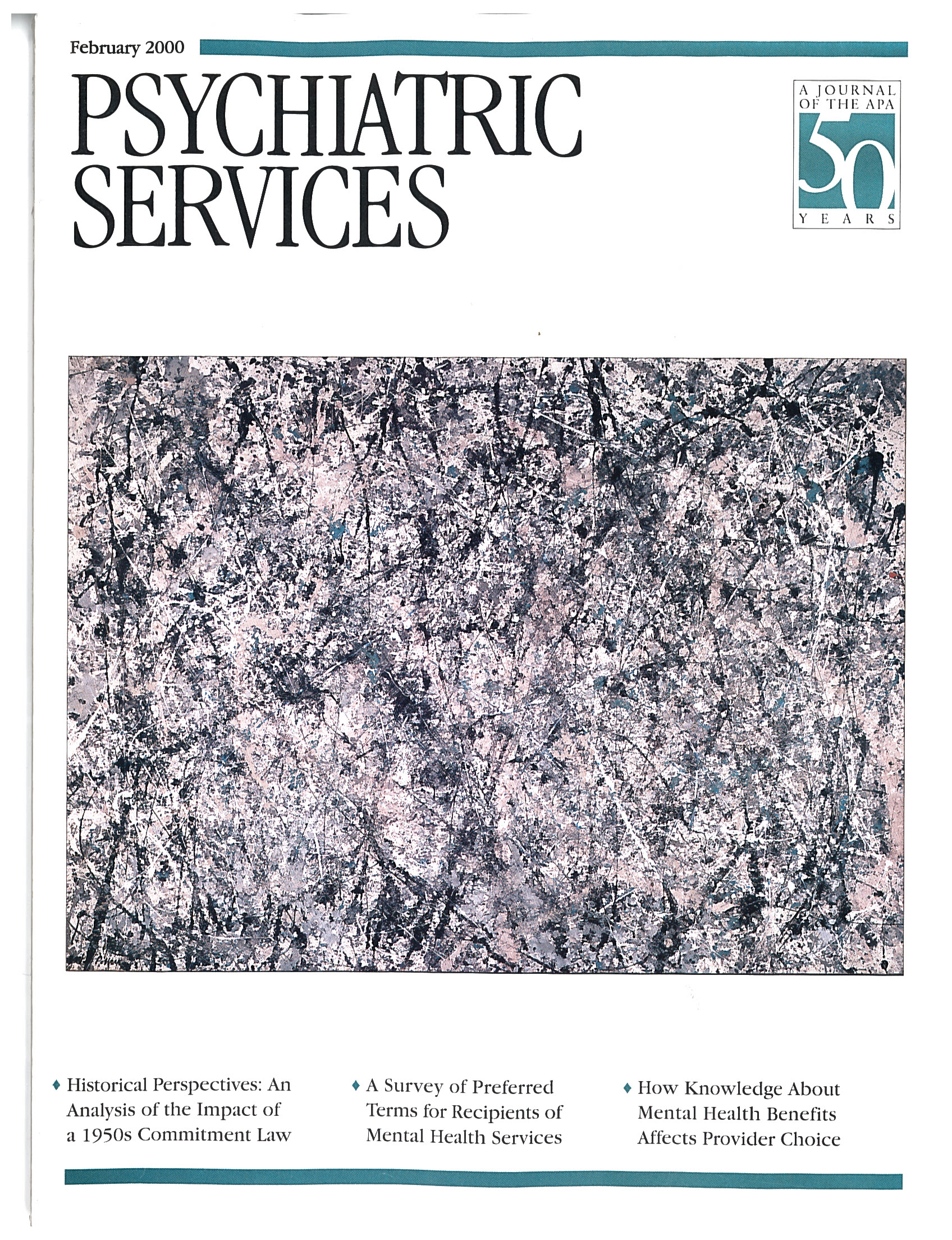The Effect of Copayments on Drug and Alcohol Treatment Following Inpatient Detoxification Under Managed Care
Abstract
OBJECTIVE: The study examined the rate and duration of outpatient substance abuse treatment following inpatient detoxification under managed care. METHODS: Seven years of claims data from a large behavioral health care carve-out plan were used to identify patients. Rates and duration of formal substance abuse treatment following detoxification were calculated, and regression models were used to explore factors that may affect participation in treatment. RESULTS: Seventy-nine percent of the detoxification patients received formal substance abuse treatment, the majority within the week following discharge. Formal follow-up care lasted an average of ten weeks, with visits occurring on average about once a week. When other variables likely to influence participation in substance abuse treatment were controlled for, the level of outpatient copayments significantly affected the rate of participation in treatment. CONCLUSIONS: These findings indicate that the rate of participation in outpatient treatment after detoxification is high, but room for improvement remains. The results suggest that reducing copayment levels is one mechanism for increasing the likelihood that individuals with severe drug and alcohol problems will receive subsequent treatment. The need for such treatment is underscored by the severity of illness of those who undergo detoxification and the societal costs of untreated substance use disorders.



